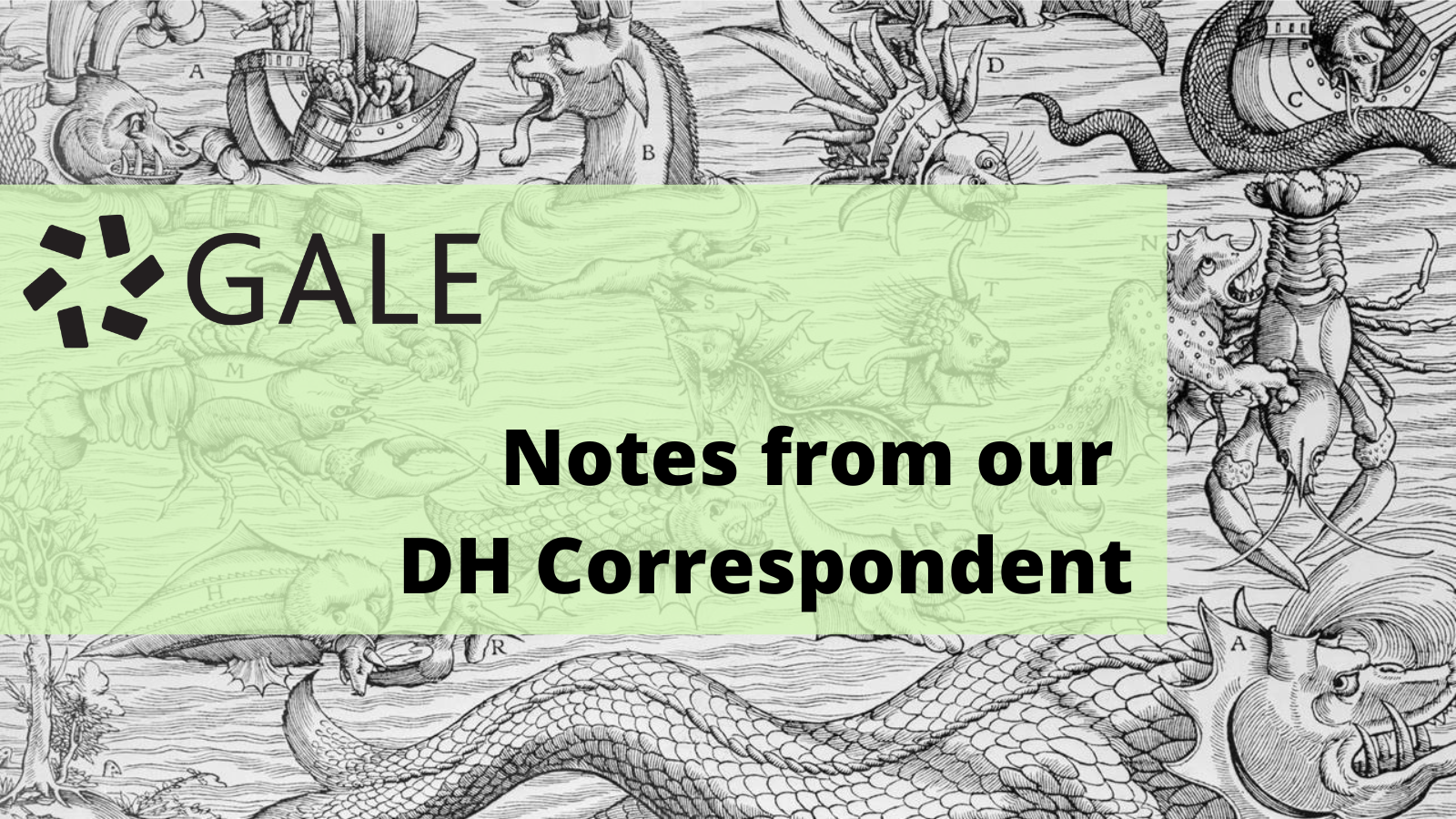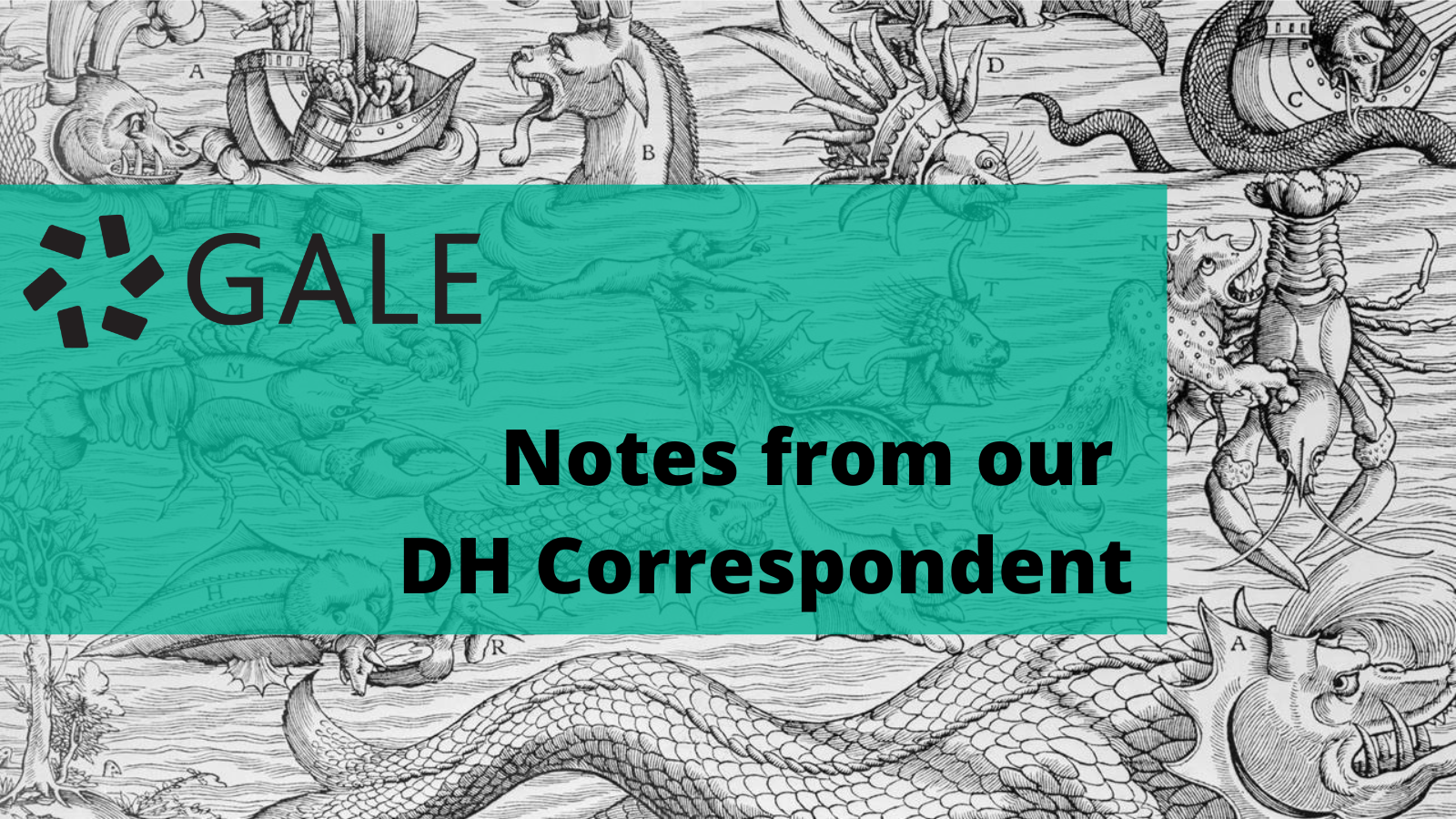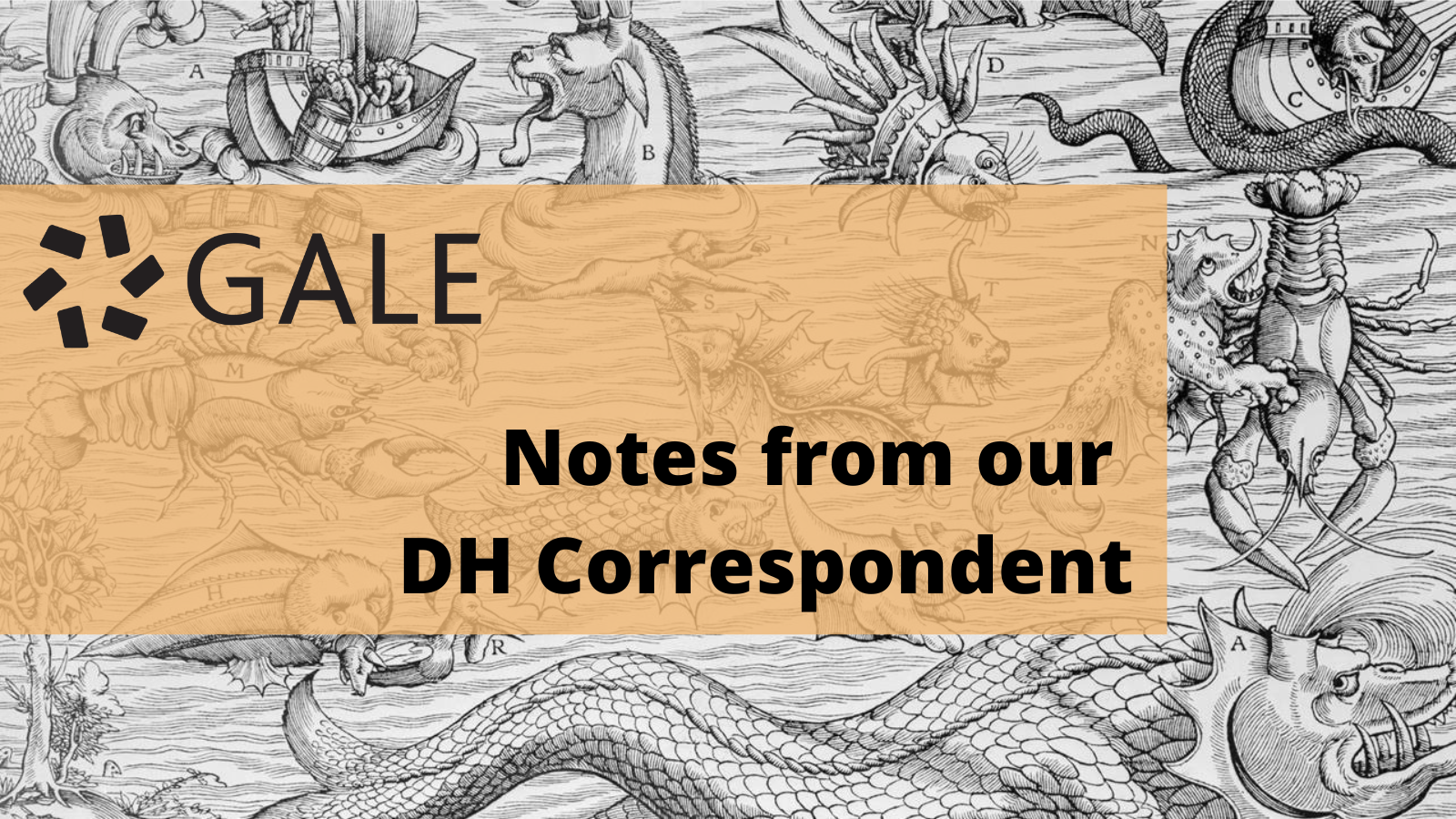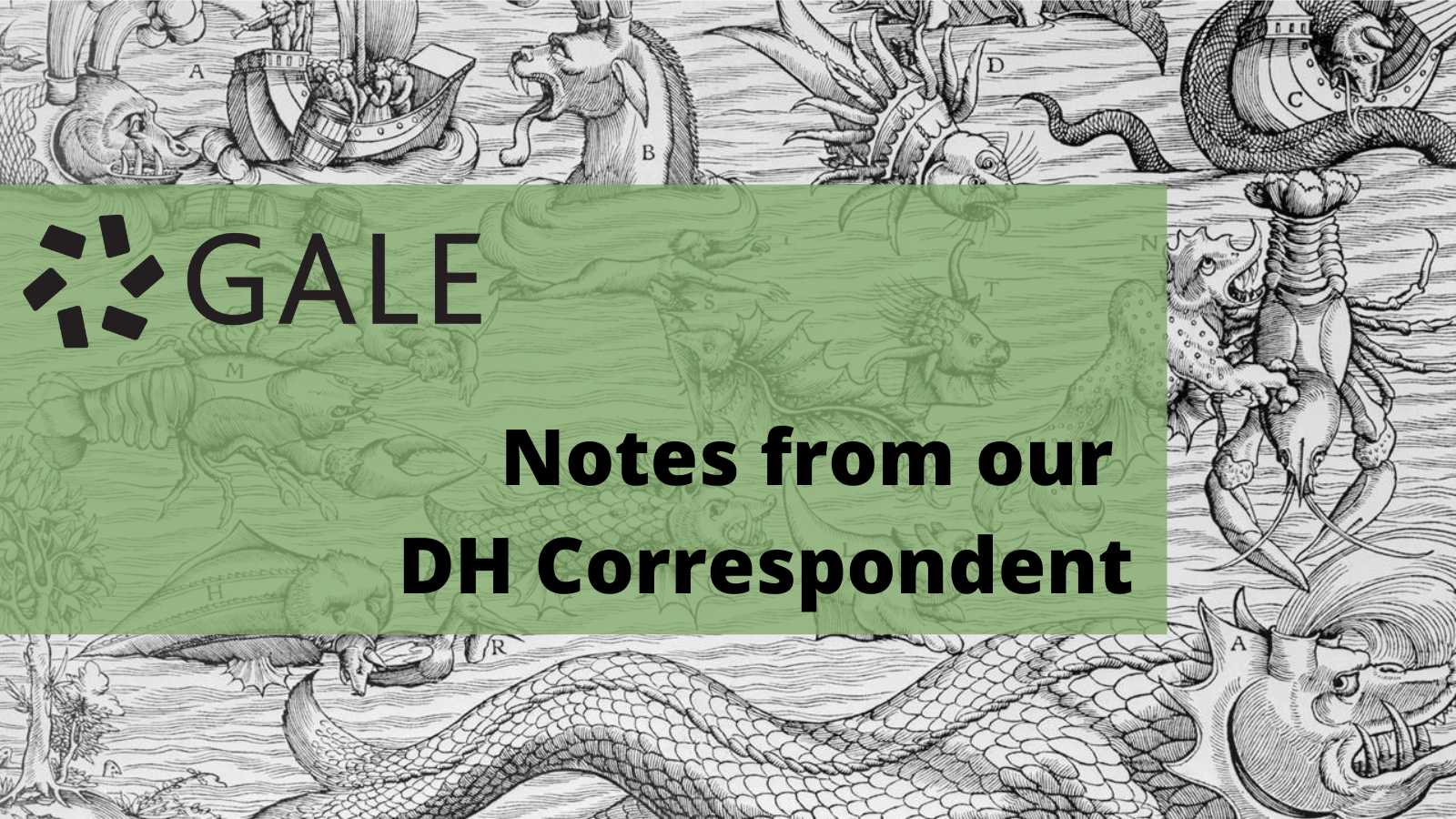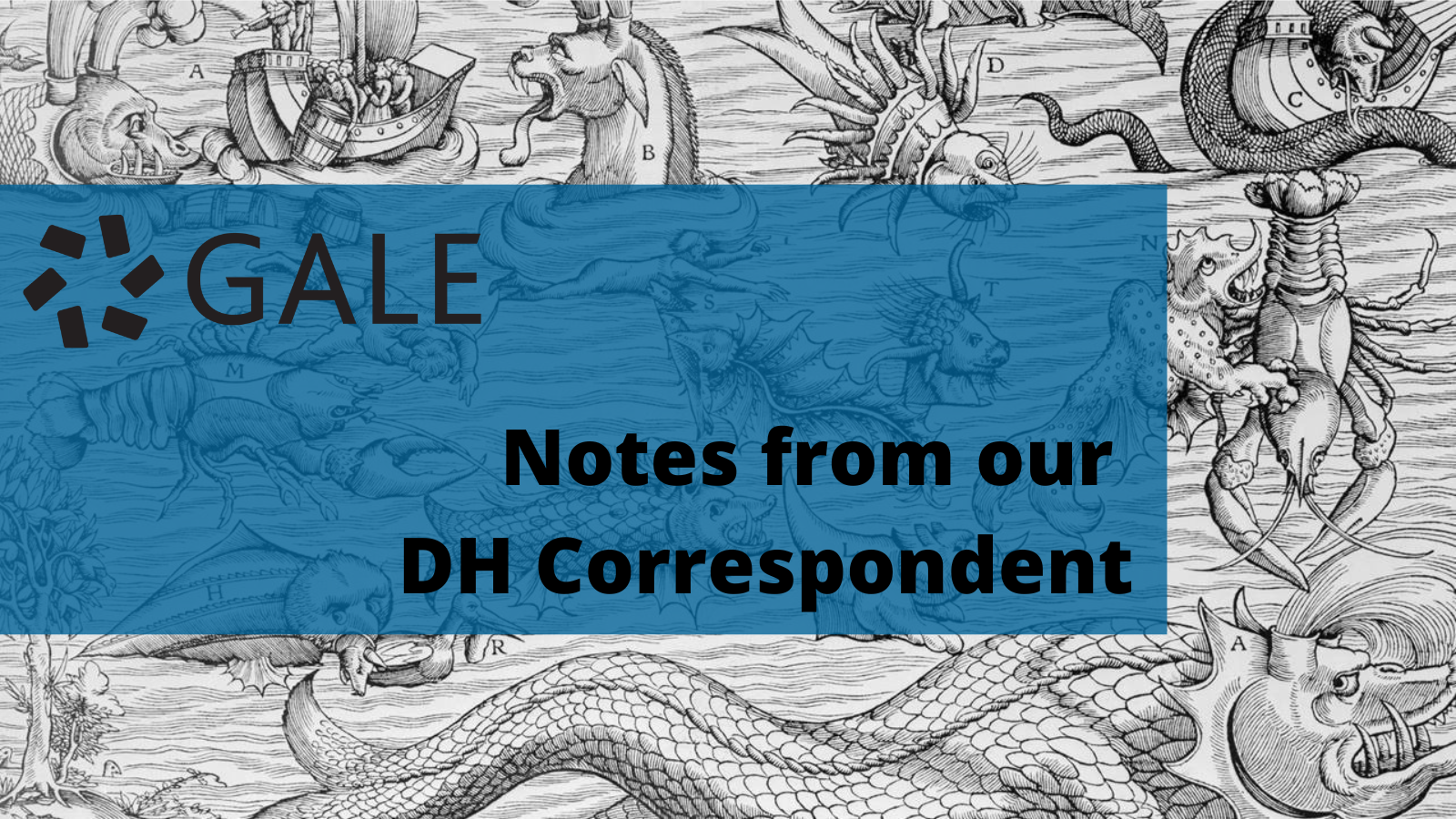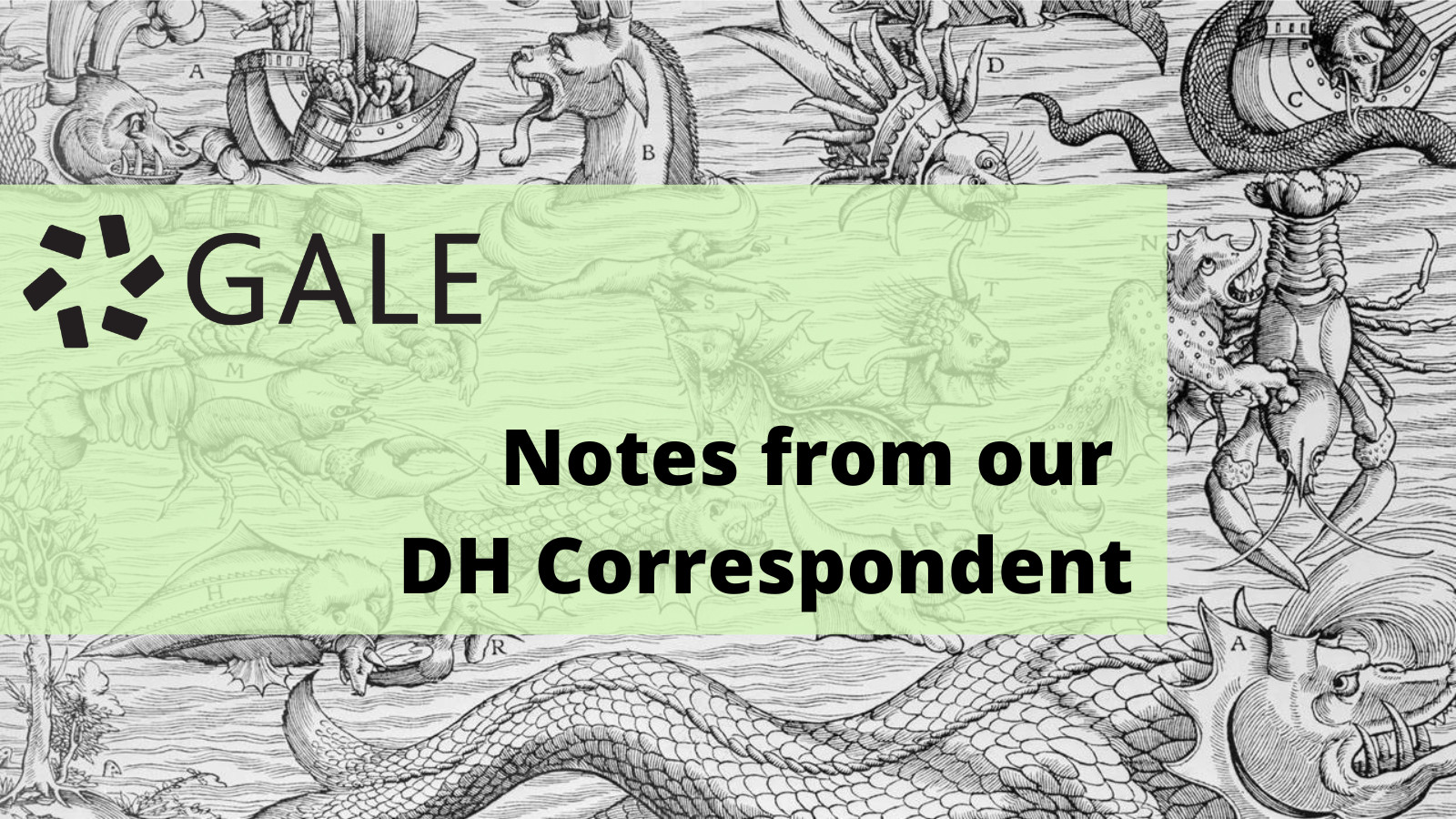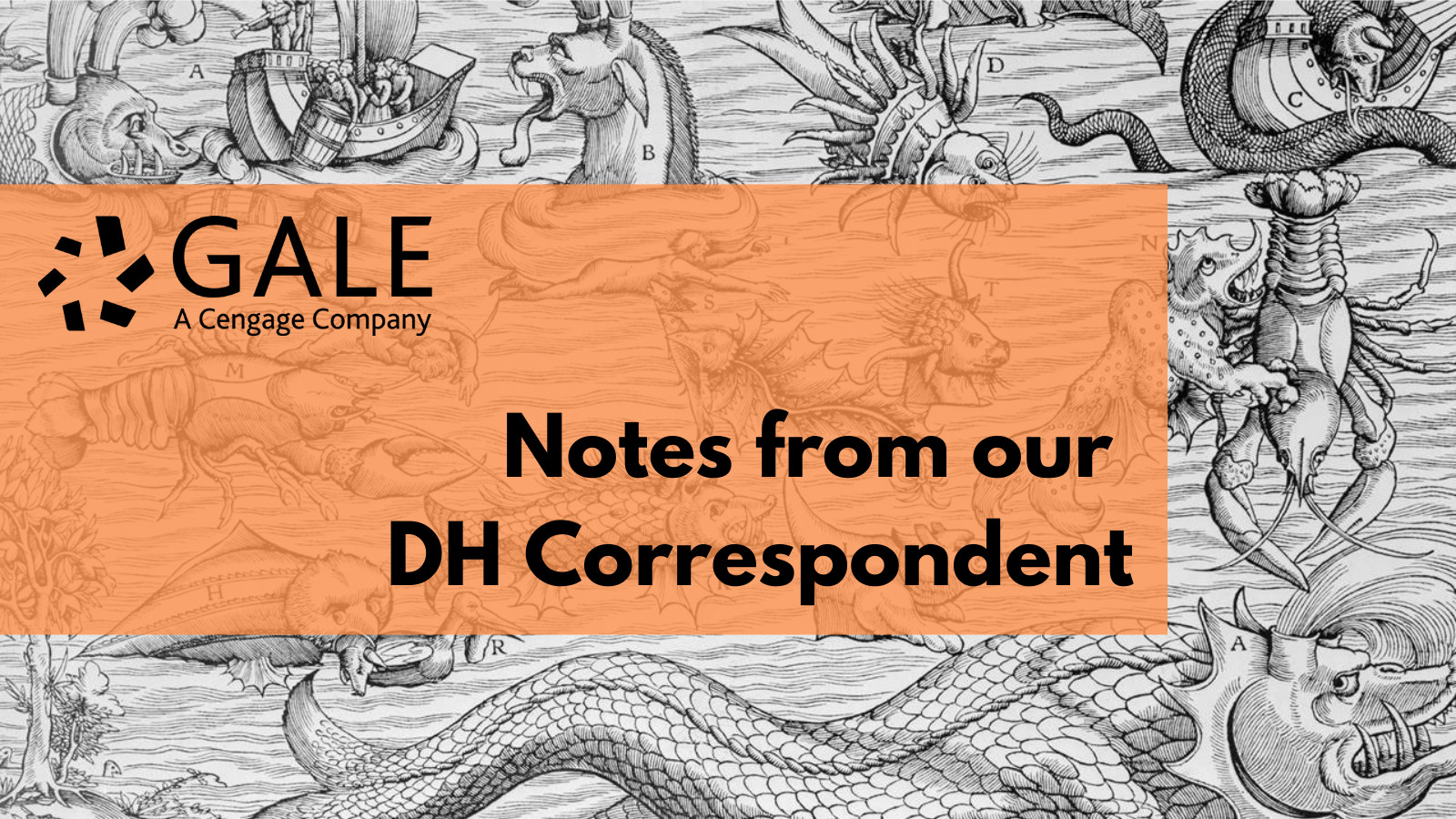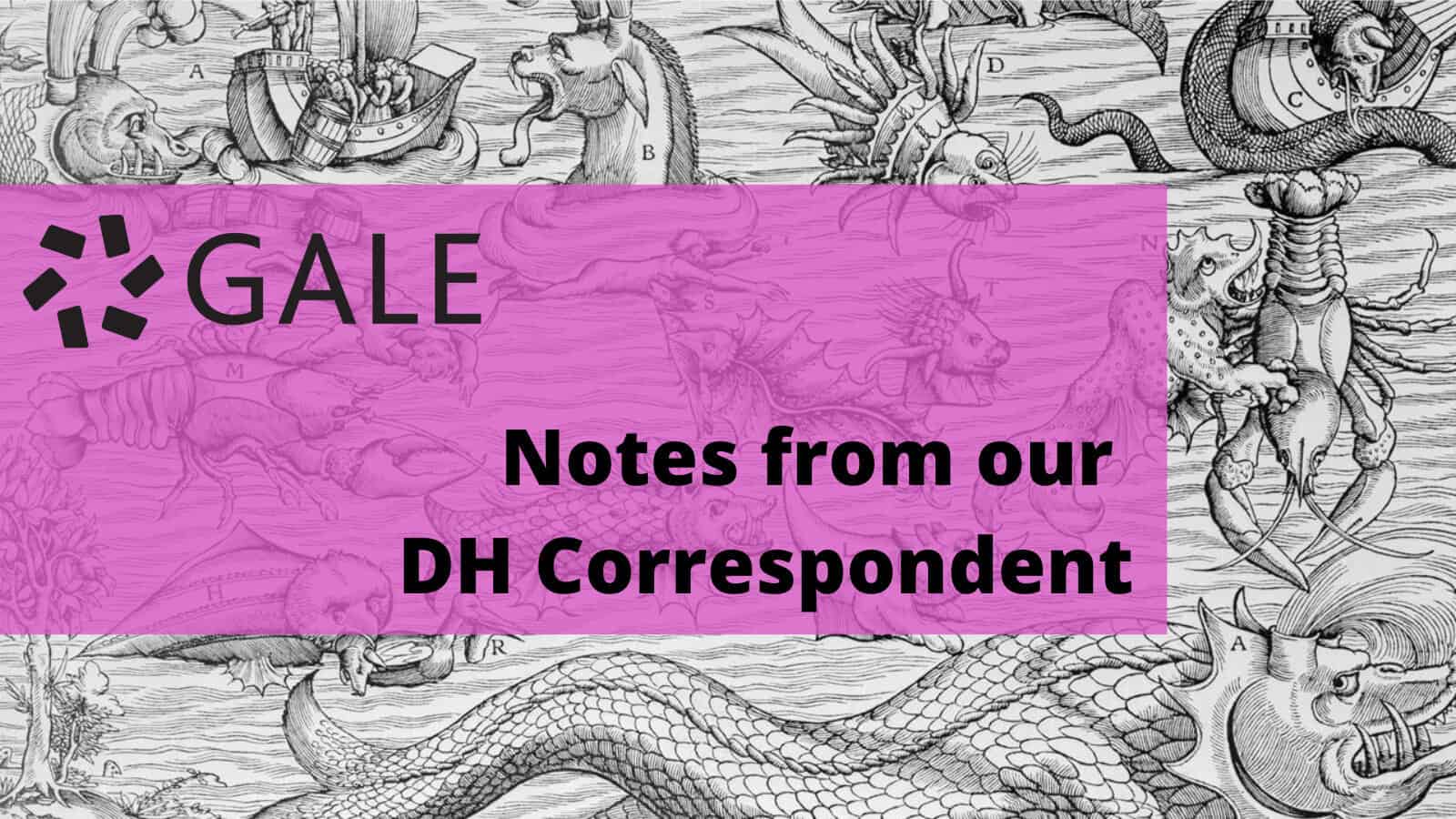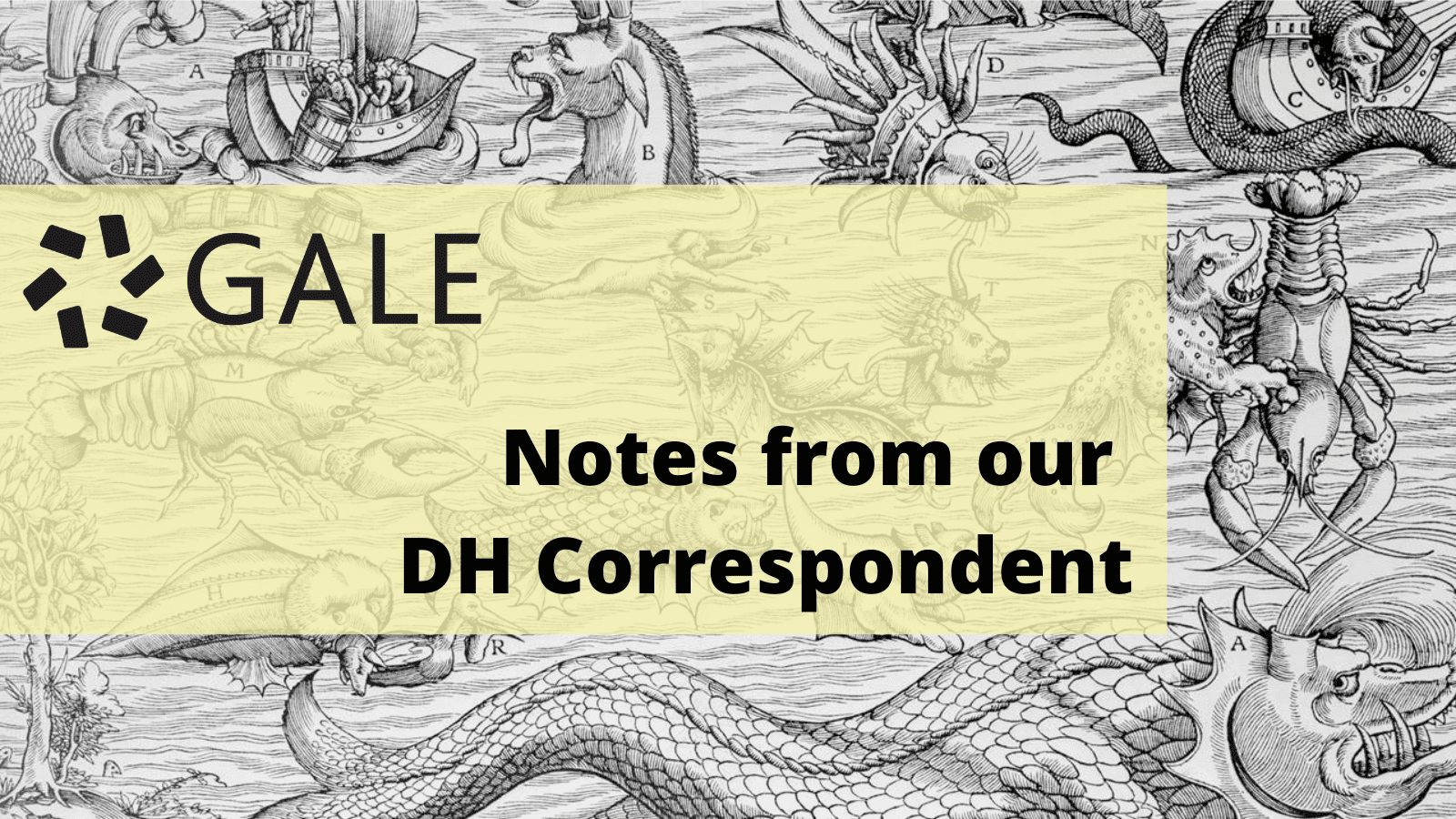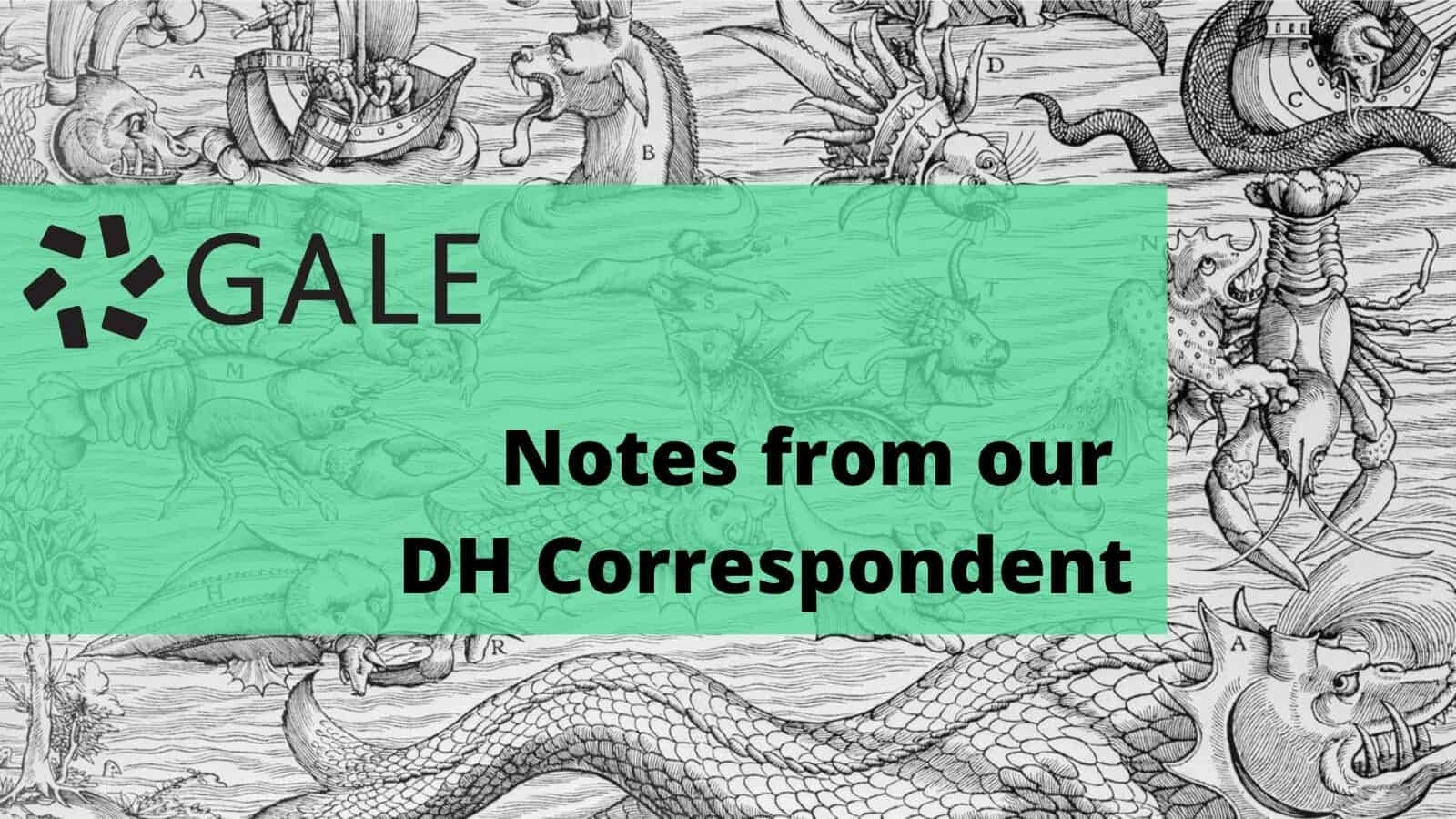│By Sarah L. Ketchley, Senior Digital Humanities Specialist│
In today’s rapidly evolving academic landscape, digital tools are reshaping the way we study literature, history, and culture. As digital humanities (DH) becomes increasingly central to research and teaching, instructors—particularly graduate students and early-career faculty—often find themselves faced with the challenge of integrating digital methodologies into their courses. To address this need ‘Introduction to Digital Humanities‘ offers a structured, assignable course designed to equip students with essential digital research skills. It provides an accessible, hands-on approach to digital humanities, helping instructors save valuable time while fostering critical data literacy in students.

